Renowned Speakers
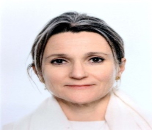
Francesca Bertossi
Giuliano Isontina University Health Authority Italy
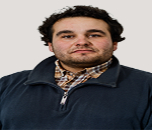
Dusan Kuljancic
University of Novi Sad Serbia
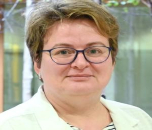
Sandra Moehr
REHAB Basel Switzerland
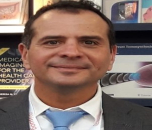
Eldad Katorza
Sheba Medial Center Israel
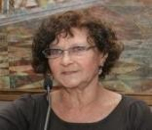
Berta L Brusilovsky
Polytechnic University of Madrid Spain

Sajitha S
Cochin University of Science and Technology India

Maria Garcia
Polytechnic University of Catalonia Spain
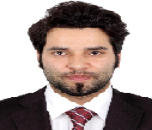
Faheem Ahmad Reegu
Jazan University Saudi Arabia
Recommended Global Neuroscience Webinars & Conferences
Europe & UK
Asia Pacific & Middle East
Canada
BRAIN DISORDER - 2026
To Collaborate Scientific Professionals around the World
Conference Date February 02-03, 2026
For Sponsors & Exhibitors
Speaker Opportunity
Useful Links
Past Conference Report
Supported By
All accepted abstracts will be published in respective Conference Series International Journals.
Abstracts will be provided with Digital Object Identifier by
